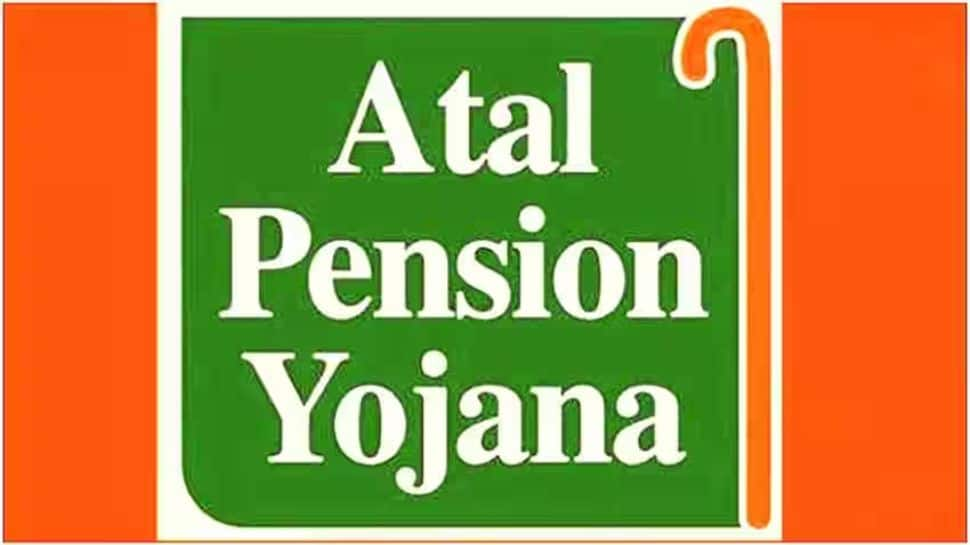Edited By: Mohammad Haris
Last Updated: February 02, 2023, 11:50 IST
Income tax is levied on taxpayers on the basis of a slab system.
Budget 2023: The government has also made the new income tax regime as the default tax regime
The Budget 2023 has brought joy among taxpayers as their tax liability will now become lower in the financial year 2023-24. Finance Minister Nirmala Sitharaman has announced five proposals for individual taxpayers:
1) Rebate Increased: The limit for a tax-free income has increased to Rs 7 lakh, from Rs 5 lakh currently. Thus, persons in the new tax regime with income up to Rs 7 lakh will not have to pay any income tax.
2) Change In Tax Slab Rates: The government has reduced the number of tax slabs from six to five. As part of this, the income tax exemption limit has increased to Rs 3 lakh, from Rs 2.5 lakh currently. Now, those earning Rs 9 lakh will have to pay Rs 45,000, which is 5 per cent of their income.
3) Standard Deduction Extended To New Tax Regime: The benefit of standard deduction, which is currently available for those opting for the old tax regime, will now be extended to the new tax regime. Each salaried person with an income of Rs 15.5 lakh or more will thus stand to benefit by Rs 52,500.
4) Surcharge Reduced: The highest surcharge rate has been reduced from 37 per cent to 25 per cent in the new tax regime. This would result in a reduction of the maximum tax rate to 39 per cent.
5) Exemption On Leave Encashment: The limit of Rs 3 lakh for tax exemption on leave encashment on the retirement of non-government salaried employees has been increased to Rs 25 lakh.
The government has also made the new income tax regime as the default tax regime. However, citizens will continue to have the option to avail the benefit of the old tax regime.
According to an estimate by Maneet Pal Singh, partner at I.P. Pasricha & Co, those earning up to Rs 10 lakh will now be able to save over Rs 15,000, though those earning up to Rs 7 lakh in a year will not have to pay any tax.
He added that in case an assessee’s income is Rs 7,00,001, then as per the provisions of the Section 288A of the Income Tax Act, 1961, taxable income will be rounded off to Rs 7,00,000 and accordingly rebate under Section 87A shall be available and tax liability will be NIL. “If assessee’s income is Rs 7,00,010, the tax liability would be Rs 26,001.”
Read all the Latest Business News and Budget Live Updates here















































